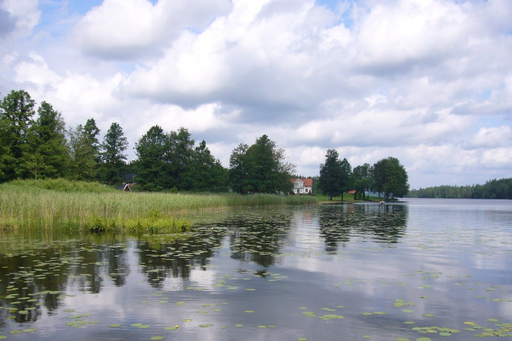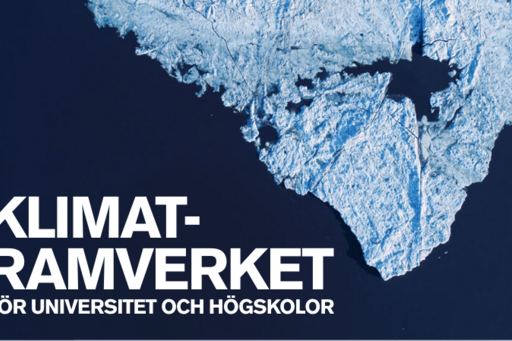Work with equal treatment, environment and climate
What do gender equality, equal treatment and the environment have in common? Well, all of these areas are important for sustainable development and a sustainable university. Universities need to be sustainable – today and in the future. For those of us who are studying and working at universities today, and for generations that are yet to come. You can read below about the Faculty’s work to promote a good work and study environment, a level playing field, and a reduced carbon footprint.
Sustainable development
Sustainable development has three dimensions: social sustainability, environmental sustainability and economic sustainability. At the Faculty level, work on sustainable development involves governance, support and follow-up of the departments’ work with equal treatment, gender equality, and the environment.
Governance takes the form of University-level and Faculty-level governing documents such as the University’s equal treatment policy (social sustainability), the Faculty’s premises policy (environmental sustainability) and the Policy for co-financing research projects and research infrastructures (economic sustainability).
Support takes the form of supporting documents, such as Guidance for gender mainstreaming in the content of courses and study programmes, and in the form of the Faculty providing a number of forums and networks for sharing experience and information across departmental boundaries. These include the Equal Treatment Network, the Environment Council and the Finance Network.
Follow-up is systematic throughout the year in the form of dialogues in local Health and Safety Committees, environmental audits, operations dialogues, and in the University-wide annual follow-up coordinated by the Faculty Office.

Equal treatment
The Faculty of Social Sciences is to work to combat discrimination and promote equal rights and opportunities for students and staff alike. This work is described in Sweden’s Discrimination Act and is termed ‘active measures’. It includes investigating whether there are risks or obstacles in the workplace and/or the study environment that can make it more difficult for certain groups to have the conditions to support a good work environment and/or study environment.
Each department is to work with active measures. More information and support material can be found on the University’s active measures page.
Work with equal treatment is governed by the Faculty’s action and operational plan. The Faculty’s role lies primarily in following up the measures taken in the departments.
The Faculty of Social Sciences has an Equal Treatment Network. This network includes representatives from each department. The aim of the network is to share information and experience.
Contact

Environmental work
Work with the environment within the Faculty is governed by the University’s action plan. The main work at the concrete level is done within the departments.
The Faculty level is primarily responsible for following up these efforts.
The Faculty Office also coordinates the Environment Council, which consists of representatives from the different parts of the Faculty. The Council aims primarily to foster the sharing of experiences between departments and units.
In 2022, the Faculty’s work in this space has a big focus on the Climate Framework, with working groups reviewing travel policy, purchasing, the use of online meetings and how we can reduce the climate impact in our premises. Positive climate impacts are also included in this review. In 2022, the focus will also be on reviewing the sorting of waste in the Faculty’s premises, with the aim of reducing the amount of unsorted waste.
This work is followed up via the University’s annual reports, the departments’ annual action plans, and through the internal and external environmental audits that are carried out regularly.
Contact
The Faculty's Environmental Council
https://medarbetarportalen.gu.se/Social_Sciences/committees-networks/environmental-council/

Climate Framework
The University of Gothenburg has endorsed the Climate Framework initiated by Chalmers University of Technology and KTH Royal Institute of Technology. The University has thus undertaken to:
• Continue to assist the community to be able to achieve set climate targets through education, research and partnership
• Reduce our own climate impact
• Set ambitious goals for our climate efforts and also earmark resources so that we can achieve these goals and conduct follow-ups
• Communicate our climate efforts clearly in order to inspire others and spread knowledge to other actors and citizens.